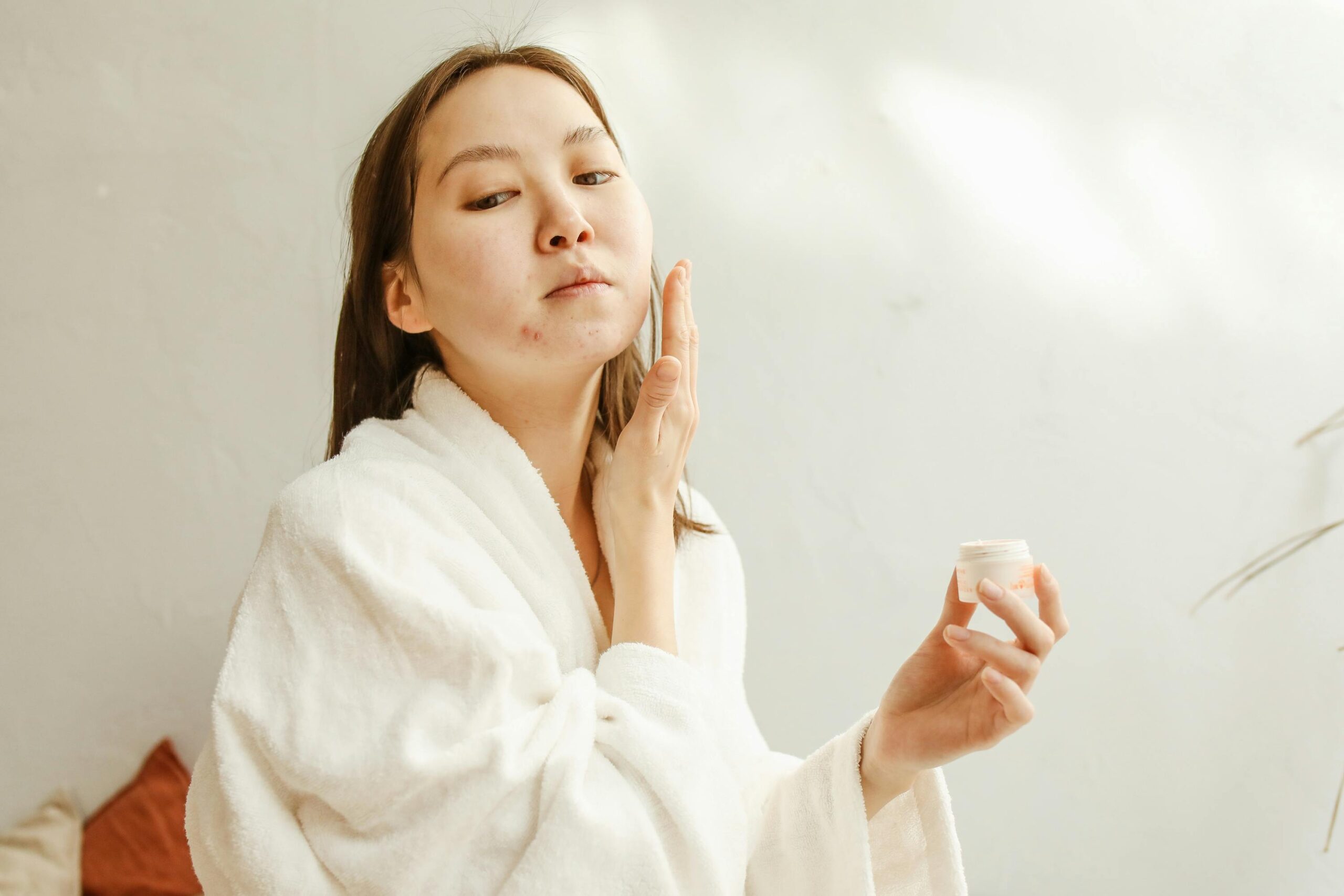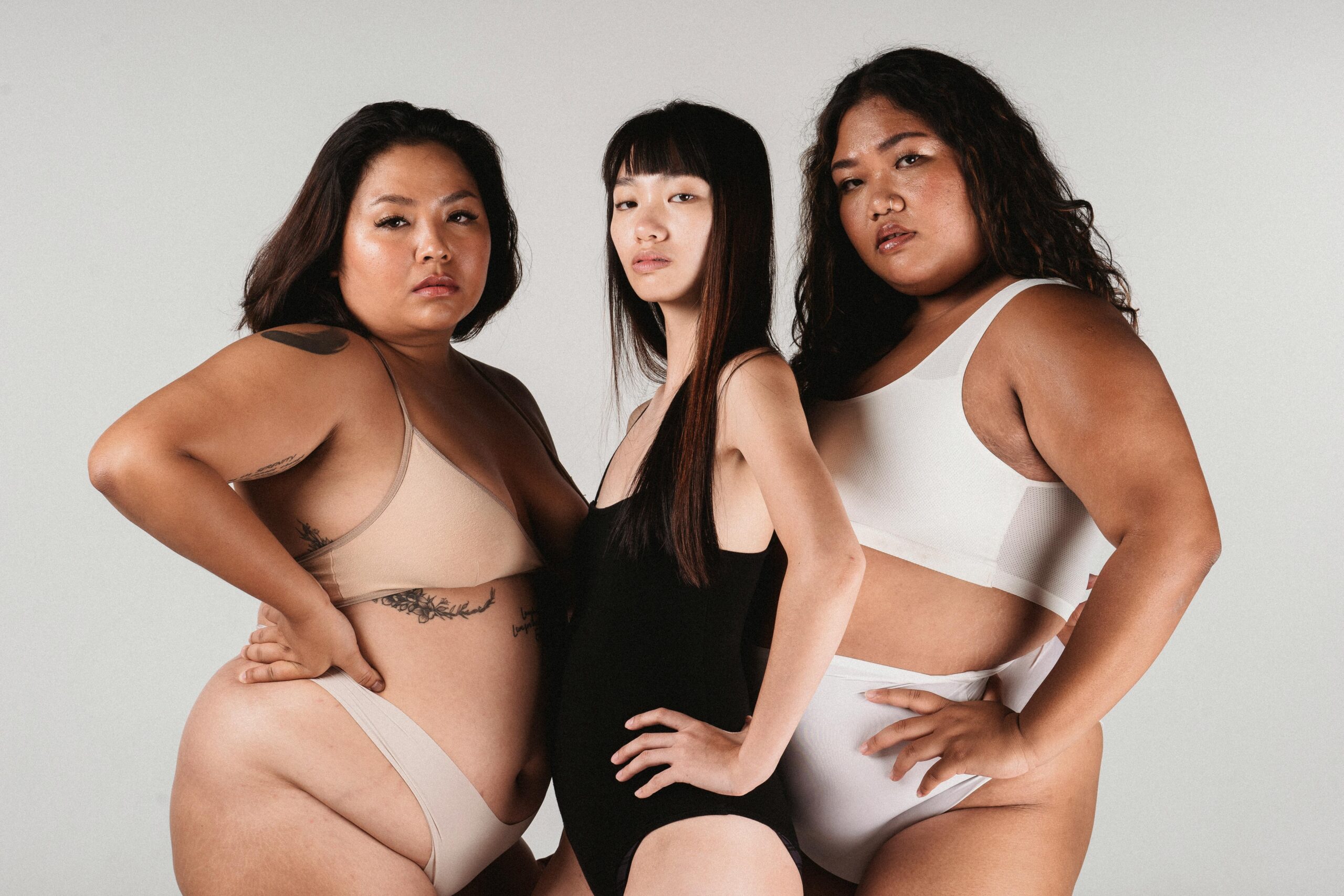
62% of women have a negative perception of their body image (compared to 53% of men). Additionally, women are also more likely than men to feel inadequate both at home and at work, as well as feel like they failed to meet their own high standards.
Everyone has at least one personality trait or physical feature they’re not too keen on, but if you let yourself get hung up on the things you don’t like about yourself, you’ll set yourself up for poor mental and physical health. By learning to shift your perspective and accept and even celebrate your imperfections, you’ll become happier, more content, and improve your quality of life.
Learn from the Japanese philosophy of Wabi-sabi
By embracing the principles of Wabi-sabi — a Japanese philosophy centered on seeing the beauty in imperfection — you’ll find it easier to accept and even celebrate your own imperfections in everyday life. For example, collecting vintage, handmade, or imperfect artwork and knick-knacks is a simple way to learn from Wabi-sabi.
More than simply just accepting imperfection, Wabi-sabi teaches you that imperfection is even worthy of reverence. It’s a method of seeing beauty in things that would otherwise be considered broken or unworthy (for example, in this philosophy, cracked pottery may be repaired with gold lacquer). When you practice seeing imperfection as a source of beauty, your expectations of yourself and others will naturally soften.
Take care of your skin
No one has a perfect body, and that includes skin as well as shape. In fact, 90% of women, for example, have cellulite: dimpled, lumpy skin that commonly appears on the stomach, thighs, and buttocks. Cellulite is largely triggered by hormones and genetics outside of your control, so it’s important to work on accepting any cellulite you may have — it’s completely normal and harmless. That said, you may be able to improve the appearance of cellulite by drinking plenty of water, exercising regularly, and eating a healthy diet. And, even if these habits don’t impact your cellulite, they’ll certainly improve the overall look and health of your skin.
Learn to go with the flow
Setting goals and working on self-improvement is important for growth, however, perfectionism itself shouldn’t be a goal or even necessary to achieve your goals. Indeed, although perfectionists are more motivated and conscientious than non-perfectionists, they also experience higher levels of stress, depression, burnout, and anxiety.
It’s therefore important to shift your perspective of perfectionism as life’s endgame and let go of any resulting obsessive behavior and rigidity. Instead, focus on appreciating the flow state of life and the experience rather than the outcome. Work on setting and achieving your goals, while ultimately learning to accept your flaws and feel great about yourself.
By working on embracing and celebrating your imperfections, you’ll shed feelings of inadequacy and experience greater feelings of joy, love, and peace. Simple steps like learning from the Japanese philosophy of Wabi-sabi, taking care of your skin, and learning to go with the flow can help you let go of perfectionism and get the most out of life.

















